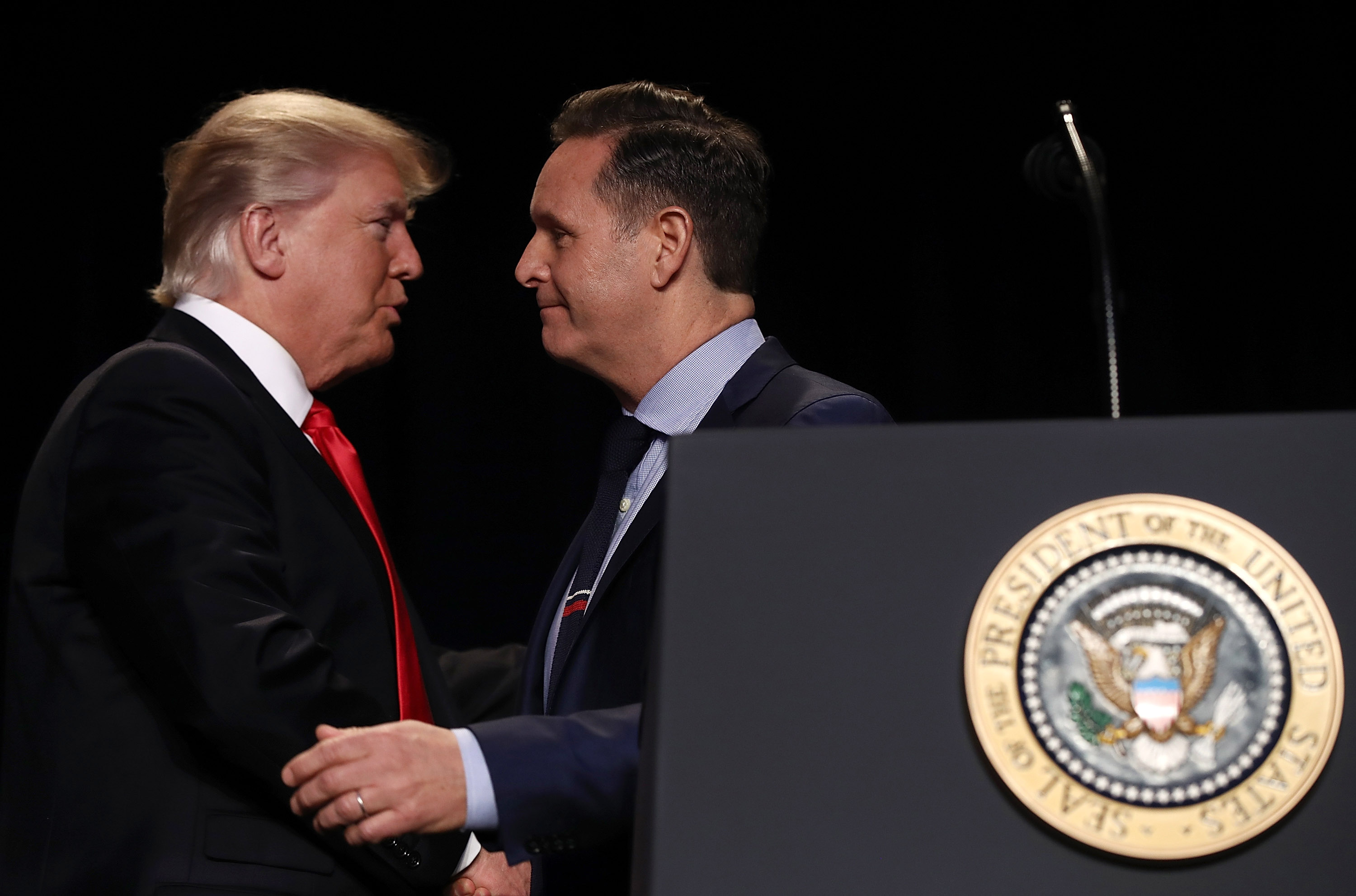One year ago on Saturday, the U.S. Supreme Court overturned the 1973 Roe v. Wade decision, which ensured the right to receive an abortion across the nation. Abortion access in Florida was expected to change significantly, but an ongoing lawsuit against the state has left the fate of reproductive rights undecided.
The Dobbs v. Jackson Women's Health Organization case, known as the Dobbs decision, held that the Constitution does not protect the right to an abortion on June 24, 2022.
Watch NBC6 free wherever you are
>Abortion legislation decisions were left to the states with the Dobbs decision.
In Florida, legislators moved to restrict abortion rights even before Dobbs. In April 2022, Gov. Ron DeSantis signed a bill enacting a 15-week ban on abortions, shortening the previously held 24-week rule.
Get local news you need to know to start your day with NBC 6's News Headlines newsletter.
>Rape, incest and human trafficking were not included as exceptions in the bill. If the mother was threatened with death or serious injury, she could receive an abortion past the 15-week mark.
If a fatal fetal abnormality was discovered, two doctors would have to sign off on the fact that the fetus is expected to die soon after birth in order for an abortion to take place after 15 weeks.
A month after the 15-week ban was signed into law, a group of abortion providers sued the state of Florida.
The plaintiffs, including Planned Parenthood, claim that the 15-week ban violates Florida's constitution, which protects the right to privacy. The state constitution was amended in 1980 to add an explicit right to privacy not contained in the U.S. Constitution.

South Florida attorney Eric Schwartzreich points to how the crux of the case is more about a person's right to privacy than it is about abortion restrictions: “The privacy clause, it is broad, but it says that a citizen or a natural person should not be subjected to undue burden, and I am paraphrasing, the government,” he said.
Politics
“The other side here is arguing that, well that might be so, but this precedent, it was egregious, it was wrongly decided,” said Schwartzreich.
SB 300, known as Florida's "Heartbeat bill," was signed by DeSantis in April. The bill — which would ban abortions after six weeks — was supposed to take effect on July 1, but the ongoing lawsuit against the 15-week ban has delayed the Heartbeat bill.
If the Florida supreme court upholds the 15-week ban, the Heartbeat bill will come into effect within 30 days of the court's decision.
The six-week ban would allow victims of rape, incest, or human trafficking up to 15 weeks to receive an abortion, but she would have to provide documentation as proof of her victimhood in the form of a medical or police report.
An exception would be allowed in the case of a threat to the mother's life or health.
All seven justices on the Florida supreme court were appointed by Republican governors.
“I would anticipate that they are going to overturn years of precedent with this conservative majority, and say that it does not apply, and that there is no right for abortion under the Florida Constitution,” Schwartzreich said.



